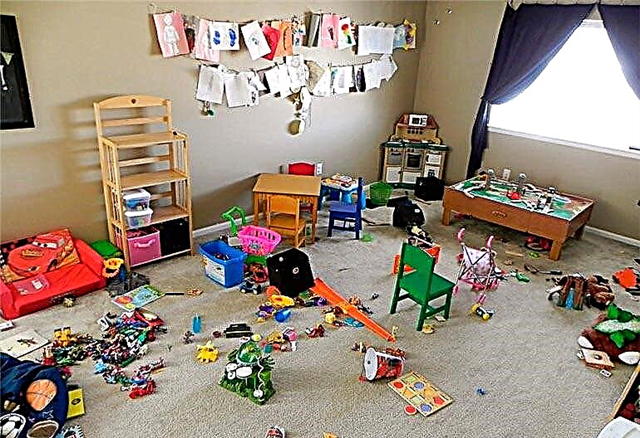
Vaccination helps protect the child's body from serious diseases, but there are a number of contraindications to its implementation. Does a runny nose refer to them and is it possible to vaccinate a baby with an inflamed nasopharyngeal mucosa and abundant nasal discharge? In what situations should this symptom not be an obstacle to vaccine administration?

Should I be vaccinated for a cold?
To find out if vaccination is possible for a baby with a cold, it is important to take into account the type of cold (infectious, allergic, or other) and the general condition of the child. For this purpose, at all children are examined by a pediatrician in the direction of a routine vaccination. Such an examination should not be neglected, even if it seems that the runny nose is light and does not interfere with the baby in any way. The specialist will immediately understand whether the child's immunity will withstand the stress of vaccination, and whether the crumbs have any other contraindications to the administration of vaccines.
For more information on the condition of the child, vaccinations can be done, and under what condition, see Dr. Komarovsky's program dedicated to the vaccination of children in more detail:
ARVI and vaccination
The most common and common cause of the common cold is acute respiratory tract infections caused by viruses. Nasal discharge with such infections is combined with cough, fever, weakness, and other symptoms of intoxication. The acute phase of ARVI is a contraindication to any vaccination, therefore, vaccinations are not prescribed for babies with such diseases.
If the child has a fever, runny nose and lethargy, the doctor will see these symptoms upon examination, prescribe the necessary treatment and postpone scheduled vaccinations until the child is completely healthy.
Many pediatricians do not recommend vaccinating babies even in the absence of fever and other symptoms of acute respiratory viral infections, considering the vaccination to be a strong stress for the child's body, permissible only for healthy children.

Physiological rhinitis
A prolonged runny nose that occurs in infants of the first months, only getting used to breathing through the nose, is considered a variant of the norm, and that is why it is called physiological. Such a runny nose is manifested by a small amount of clear discharge, puffing and "squelching" while sucking or sleeping. The general condition of the crumbs with such a runny nose is not disturbed, so there is no need to postpone the vaccination. In this case, the child must certainly be examined by a pediatrician and confirm that the rhinitis is indeed physiological and does not interfere with the implementation of the vaccination schedule.

Is it possible to vaccinate with an allergic rhinitis?
A runny nose of an allergic nature usually appears after exposure to the child's body of allergens from the inhaled air. They are most often represented by dust, fluff, pollen, household chemicals, wool and other substances that provoke allergic reactions. Such a runny nose is characterized by a long course and requires specific treatment. In an acute condition, any vaccinations are postponed until the child's condition returns to normal.
Other causes of the common cold
If the appearance of rhinitis is caused by irritating factors, for example, dust, strong odors or dry air, this symptom is quickly eliminated and will not be an obstacle to vaccination. In case of a cold caused by a foreign body, a polyp in the nasal cavity or a curvature of the nasal septum, it is allowed to vaccinate the child.

Mantoux reaction with a cold
Mantoux does not apply to vaccinations, however, when a runny nose appears, parents doubt whether such a test is permissible. At its core, this test is the introduction of an allergen, which determines the following nuances:
- With ARVI with a runny nose, Mantoux is not done. The test is permissible only a month after recovery.
- With an allergic rhinitis, you should prepare for the Mantoux test with the help of antihistamines, and if the child has acute symptoms, the test is carried out only after stopping them.




